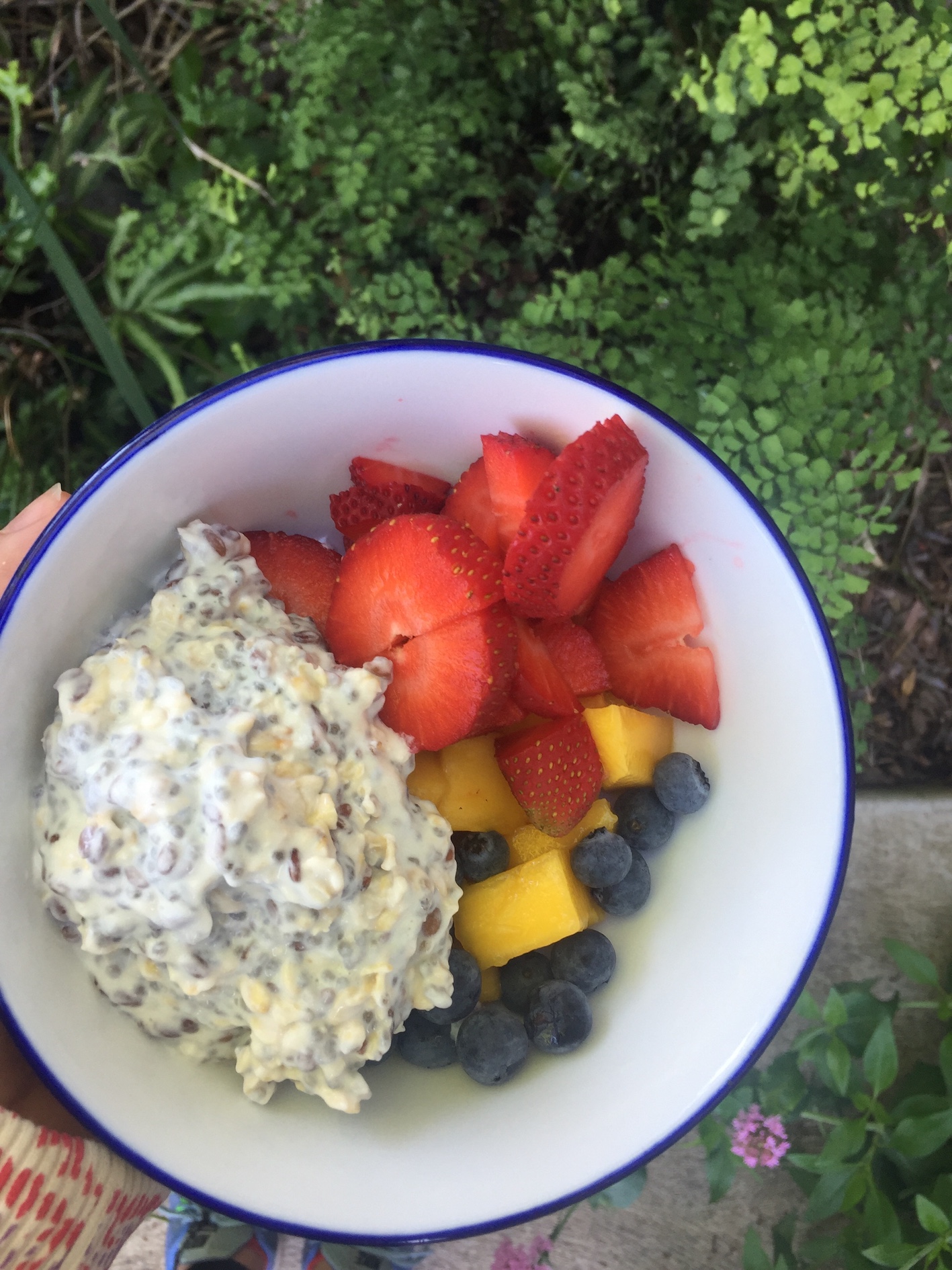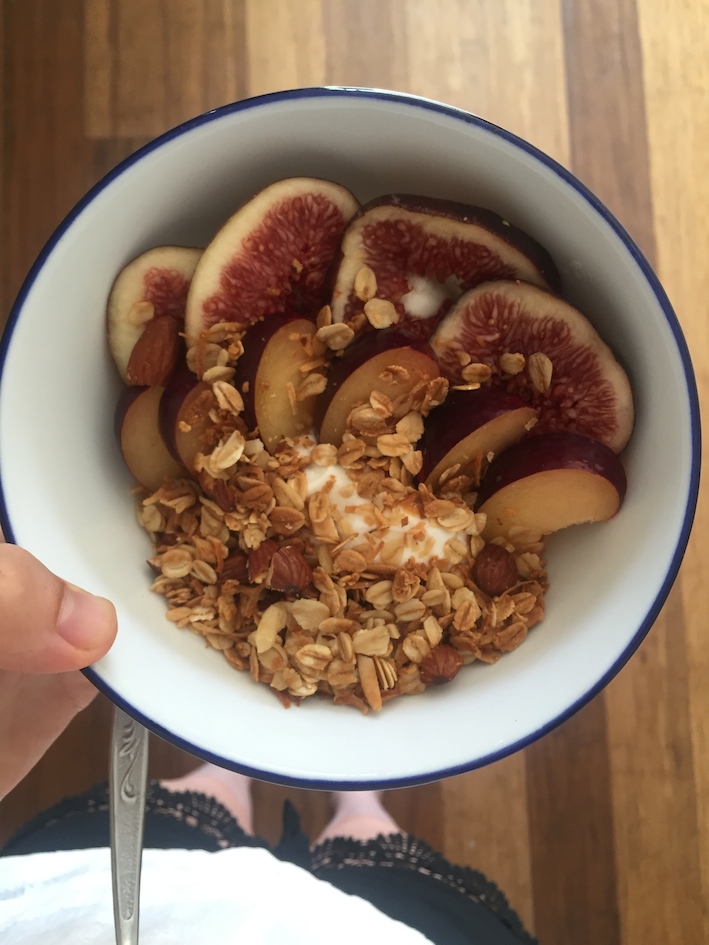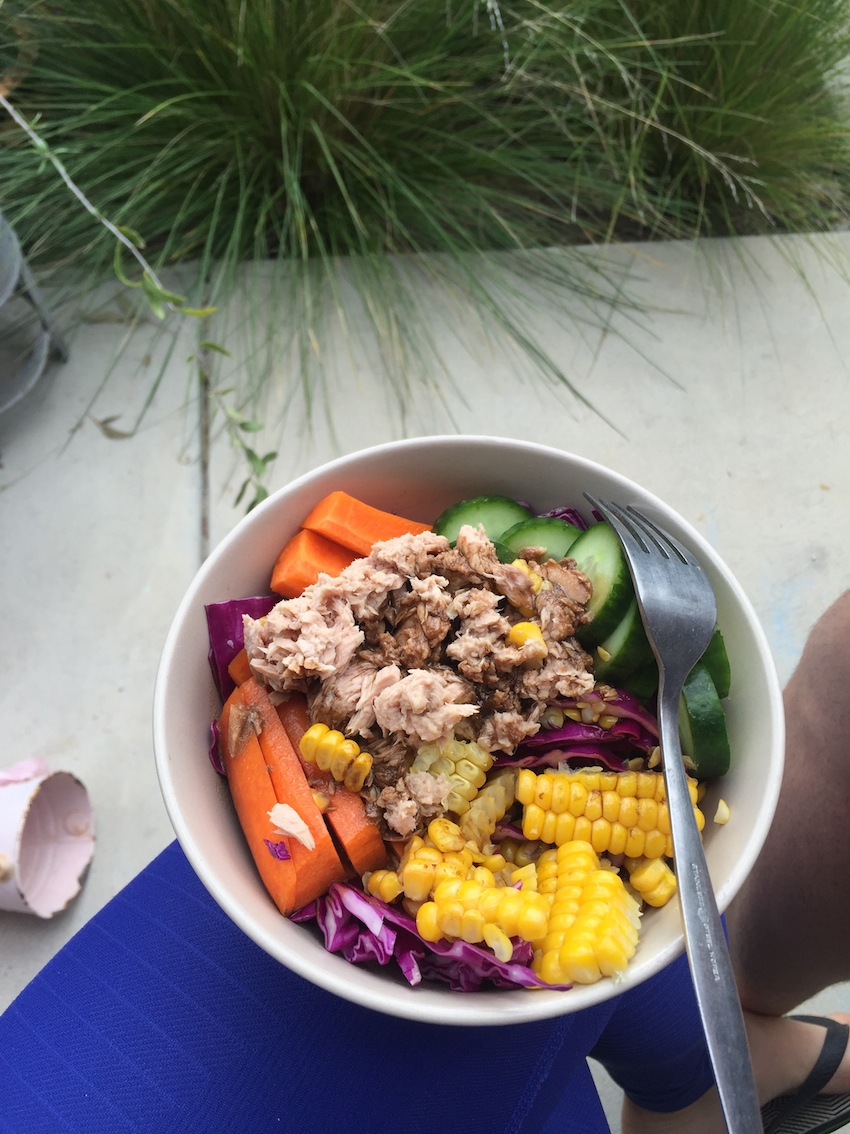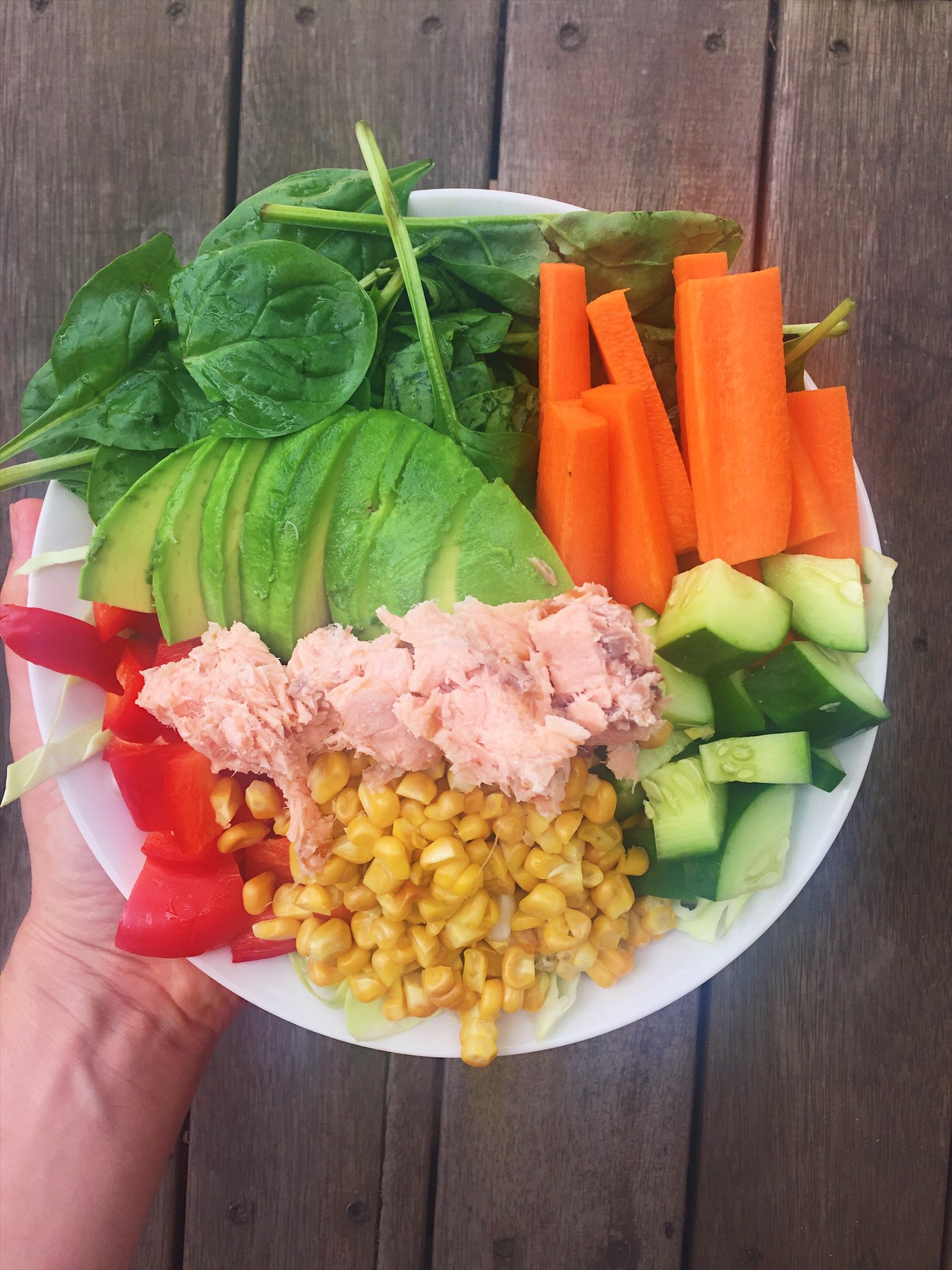How To Increase The Plant Foods In Your Diet
Variety is an important aspect of life, and is also an important aspect of our diets. Eating a variety of different fruits, vegetables, legumes and grains on a day to day, week to week, month to month basis, or even eating seasonally, which will give us a variety of different plant foods over the year, is important because different types of foods contain different amounts of key nutrients. When we eat a variety of different foods we are more likely to be filling our quota of a larger range of nutrients. Having variety in food intake is also important in keeping meals interesting, and ensuring you don’t get bored with what you are eating.
What we eat can also affect the composition of our gut bacteria, and having healthy gut bacteria is linked to overall good health including a better immune system, bowel health and even improved mood. Eating a diet rich in whole grains and plant products may be beneficial for the healthy bacteria in our gut. Of particular importance is the variety of plant foods we include in our diet on a weekly basis.
Recent studies have reiterated the importance of variety of plant foods in our diet, finding that a diet that includes many different types of plants (30 or more different plants per week) is correlated with a much higher diversity in the gut microbiota than a diet with limited variety of plant food (10 or less). These findings are irrespective of whether the person includes animal products in their diet or prefers to keep them out. This is important to note as a plant-based diet does not have to exclude meat, but it does have to include mainly plant products. This is a common misconception, but you don’t have to completely exclude animal products from your diet to improve your diet quality.
Here are 12 strategies to help you improve the variety of plant foods in your diet.
Opt for bread that is filled with seeds and grains. The more grains and seeds the better.
Swap the butter or margarine on your toast to avocado or peanut butter.
Add extra seeds and nuts to your overnight oats or porridge. Flax seeds, chia seeds, pumpkin seeds, sunflower seeds, and nut butters are all good options.
Opt for wholegrain flours when baking - use oat flour, wholemeal flour, or you could even add some almond meal or besan flour to your baked goods.
Snack on fruit, and try new seasonal fruits on offer. Fruit platters are a great after school snack or dessert option.
Add different beans, legumes and chickpeas to your meals with sauces - curries, bolognese etc.
Add mixed beans to salads.
Top salads with toasted nuts or seeds.
Enjoy a range of veggie sticks with hummus for a snack, or add a dollop of hummus to your lunchtime salad.
Swap your plain crackers to something with seeds and grains eg. vita weat, ryvita or make your own.
Add a range of different salad greens to your salad. You could also add some herbs which is a nice way to create flavour and increase the variety in your salads.
Shop at the farmer’s markets and buy a new vegetable when you see one. Google a recipe when you get home to work out how to cook with it.
What this could look like:
Breakfast - muesli with oats, chia, flax seeds, sesame seeds, almonds, walnuts, dried coconut served with yoghurt and berries. 9 plant foods
Lunch - Sandwich on soy and linseed bread with avocado, tuna, grated carrot, lettuce mix, tomato and cheese. 8 new plant foods
Dinner - Spaghetti bolognese with lentils, chickpeas, mince, onion, garlic, mushrooms, tomato, grated zucchini, grated carrot and celery. 7 new plant foods (or extra if you use a pulse pasta)
Snacks - Fruit platter, crackers with hummus, cheese with grainy crackers, yoghurt with fruit and/or nuts.
*Please note that everyone’s requirements vary, and this sample day is simply to illustrate how to include a variety of plant foods in your diet each day.
As a dietitian and nutritionist in Canberra, I work with people to help them achieve their health goals, and equip them with the knowledge and skills to help them make the best decisions for them. If you would like support and guidance with making changes to your eating patterns and health outcomes, get in touch! I'd love to hear from you.
If you found this article helpful, share it to your family and friends!
Follow me on Instagram, if you're not already doing so, I regularly post easy meal ideas.











